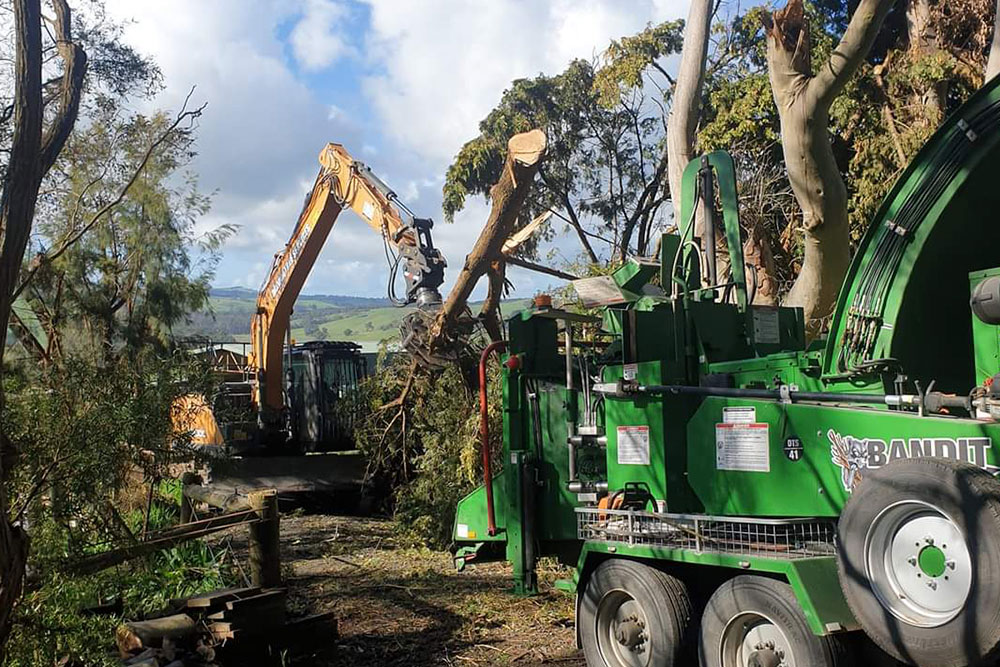All Categories
Featured
The removal of trees can create open rooms that are at risk to weed invasion. When trees are existing, their dense canopies frequently shade the ground, limiting the quantity of sunshine that reaches the dirt. After the removal of trees, these open locations obtain increased sunlight, giving suitable conditions for weed development.

They might suggest the usage of compost, which acts as a protective barrier on the dirt surface, avoiding weed seeds from sprouting and reducing weed development.

The presence of trees cultivates a rich and varied area of dirt microorganisms. Tree origins give a source of raw material, exudates, and nutrients that sustain the growth and activity of useful soil microbes. Nevertheless, when trees are eliminated, the absence of their origins can interfere with the delicate balance of the dirt's microbial ecological community.
How Much Does It Cost To Have A Tree Removal Wollongong Area?
This change in pH can impact vitamins and mineral schedule, microbial activity, and overall soil wellness. To attend to the effects of tree cutting on soil pH, tree removal specialists can give useful guidance. They might suggest soil screening to analyze the current pH levels and establish the needed changes. Based upon the outcomes, experts can suggest pH change techniques, such as including lime to increase dirt pH or incorporating important sulfur to decrease it.

It refers to the compression of dirt bits, leading to minimized pore area and boosted soil density. This compaction can adversely impact the dirt's capability to operate optimally, impacting its water-holding capability, nutrition schedule, and root penetration. Appropriate methods utilized by tree elimination specialists can aid lessen compaction and maintain the dirt's capability to keep water, and permit adequate air movement and mindful devices handling.
Latest Posts
What Do Wollongong City Council Tree Removal Services Include?
The Best Wollongong City Council Tree Removal?
A Better Tree Removal Wollongong?